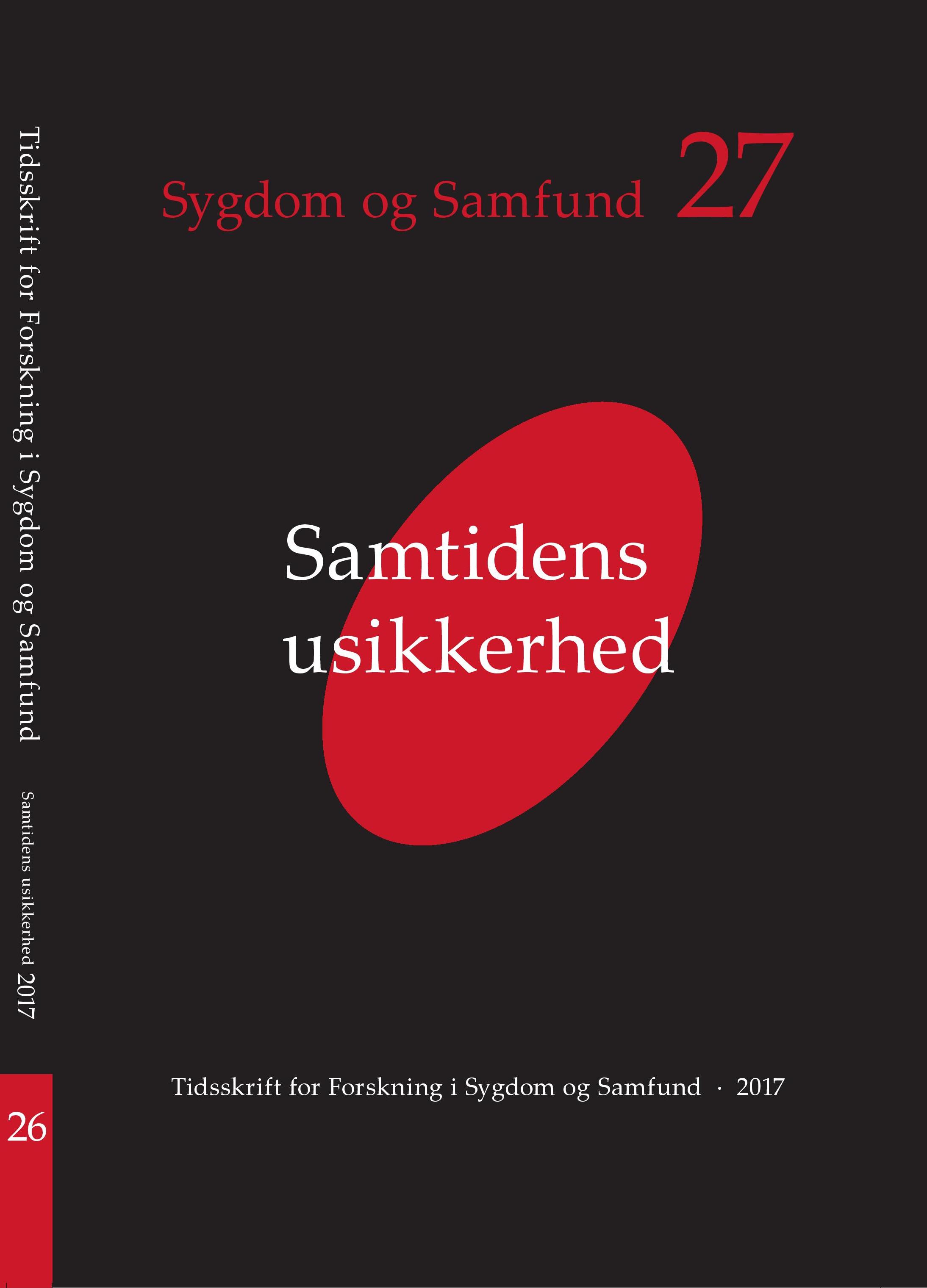Resumé
This article explores how institutions and individuals in Denmark deal with the uncertainty of cancer in children. Based on a seven months ethnographic fieldwork conducted on a paediatric oncology ward during the period 2011-2013, the article examines how uncertainty manifests itself in the interface between cancer treatment and institutional childhood in the Danish welfare state. The argument is based on American pragmatist philosophy and its ideas about how people respond to a hazardous world in constant transformation. Through a focus on practices, the article explores how clinical and existential uncertainty arises for children and their families, and how they deal with this by navigating their way round the more tangible forms of insecurities. Important collective attempts to circumscribe clinical uncertainty are part of this navigation, but the article argues that epidemiologically based practices of dealing with the clinical uncertainty of cancer paradoxically gives rise to existential and social uncertainty for the affected children and their families, which they struggle with during treatment and even as long-term social effects into adolescence and young adulthood. The article suggests that more attention should be paid to assist children to manage the social and existential uncertainty that emerges in the interface between being a child in cancer treatment and being a child in the Danish welfare state.

